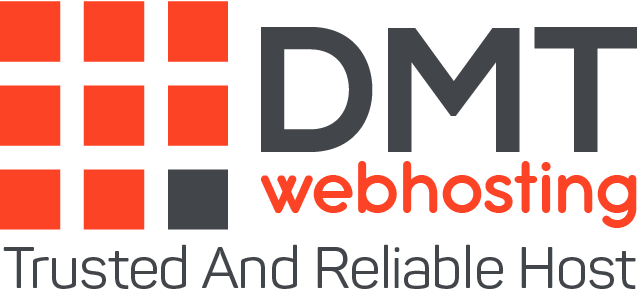What is MySQL?
MySQL is a relational database management system (often called by its acronym: RDBMS). It works under Linux and Windows. The advantages of MySQL are numerous and explain its great popularity with developers: it is completely open-source and free, its performance is excellent and it is also multi-threaded and multi-user., And Scheduled to work perfectly with PHP, programming language also teach in our MySQL training, we can also add to this that it is easy to set up and use.
PHP developers and Webmasters also appreciate the MySQL database management system because it has many APIs (Application Program Interface). MySQL can thus be used with C, C ++, Java, PHP, Python or Ruby languages.
Database system
Electronic data management is now largely owned by database management systems (DBS). These consist of two main elements: the database (DB) itself and the corresponding management system.
- The database management system: DBMS is software like MySQL, used to manage the database. Among the tasks of this administration software, there is the structuring of data according to a predefined database model. In addition, DBMS controls read and write access to the database to manage large amounts of data as well as access to a parallel database. It ensures that the guidelines for data integrity, confidentiality and data security are respected.
- The database: a database is a content database such as customer data (CMS). A DBMS can manage several databases at the same time.
How does MySQL work?
A database makes it possible to collect and manage raw data or information, isolated or linked to each other and whose nature is very varied. It is necessary to understand MySQL and to master its functioning well because the use of databases is essential to create a dynamic and more complex website. MySQL allows you to manipulate these databases and direct access to their content. To do this, it uses SQL (Structured Query Language), a query language. To use MySQL during our courses on databases, just download and install it because it is under GPL license.
Evolution of MySQL
MySQL first appeared on May 23, 1995. It is owned by MySQL AB. It was not until June 2000 and its version 3.23.19 to see it go under the GPL license (which means that it has become free software). It is now at version 5.7, stable since October 2015.
Version 6.0 had an alpha version in April 2007 but has since been discontinued.
MySQL AB was bought in 2008 by Sun Microsystems, itself bought in 2010 by Oracle Corporation. Oracle being one of the biggest competitors of MySQL, some feared that this repurchase marks the end of the gratuitousness of MySQL. However, MySQL is still under the GPL license today.
In May 2009, the creator of MySQL, Michael Widenius, created MariaDB, a community fork of MySQL, to continue to learn MySQL and to continue its development in Open Source.
MariaDB, a fork of MySQL with great potential
The integration of the MySQL project into the Oracle product portfolio is met with criticism and mistrust as we have already mentioned. This must above all be due to the differences between the MySQL version under the GPL license and the paid enterprise product. More and more new functions are only available on the paid proprietary version. Erroneous non-public databases and the lack of tests have given an image of a neglected program to its community. Support from the open-source community is therefore steadily declining.
As early as 2009, the development team and MySQL founder Michael Monty Widenius turned his back on the popular database system and launched the open-source fork MariaDB. At the end of 2012, Fedora, OpenSUSE, Slackware and Arch Linux presented the first Linux distributions to move from MySQL to MariaDB as a standard installation. Many open-source projects, as well as well-known software companies and web platforms, have followed this example, such as Mozilla, Ubuntu, Google, Red Hat Enterprise Linux, Web of Trust, TeamSpeak, the Wikimedia Foundation and the XAMPP software project.
MariaDB is already characterized by continuous development, in comparison with other open-source MySQL systems. It is therefore likely that this fork will one day exceed its parent project.
About the author
DMTwebhosting.com’s Editorial Team prides itself on bringing you the latest web hosting news and the best web hosting articles!
You could also link to the news and articles sections:
